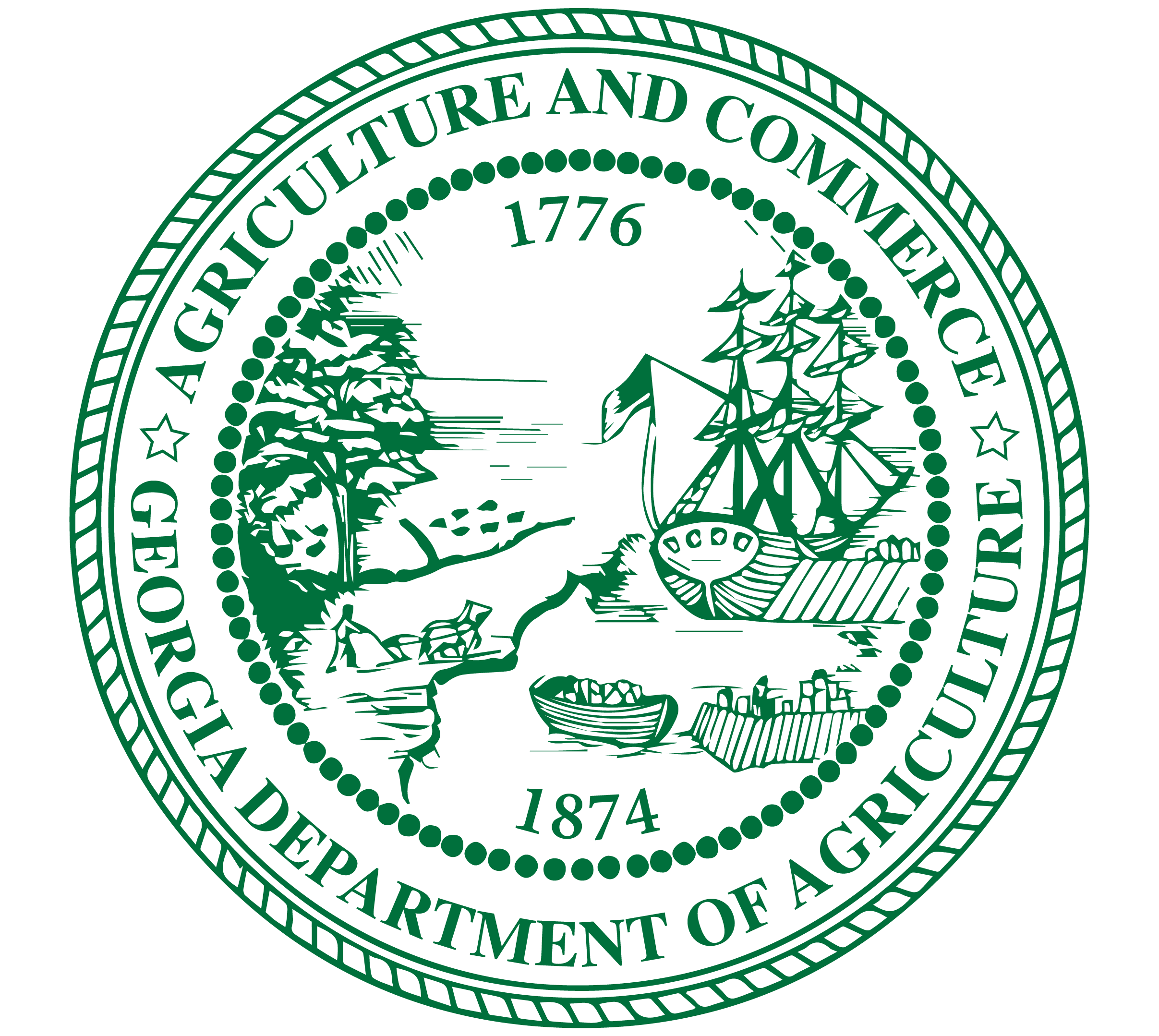Hurricane Response: Idalia
The Georgia Department of Agriculture is working with state, federal, and industry partners to promote the safety of citizens, evacuees, livestock, and companion animals. Report Hurricane Idalia...
Evacuation of Animals from Areas Impacted by Hurricane Idalia
SUBJECT: Evacuation of Animals from Areas Impacted by Hurricane Idalia Enforcement Discretion Policy on Importation of Animals EFFECTIVE: August 28, 2023 Effective immediately and in accordance with...
Dealing with Crop Damage
Three Steps to Get Help After Crop Damage Do not start cleanup!1. Document the DamageBefore starting any cleanup activity, make sure to take pictures of damage and losses that have occurred.2....
Bird Dealer Information Sheet
General Information A person or business with a GDA animal shelter license must comply with the relevant regulations of the Georgia Animal Protection Act. All laws and rules, as well as relevant...
SPCC Reports to the Governor
2025 GA SPCC Report to the Governor2024 GA SPCC Report to the Governor2023 GA SPCC Report to the Governor2022 GA SPCC Report to the Governor2021 GA SPCC Report to the Governor2020 GA SPCC Report to...
Euthanasia Information Sheet
General Information:[1] “Establishment”; “Person”; “Pet”; are used as defined in the “Rules of “GDA” 40-13-13-.01 Animal Protection”[2] Rules: {A} A “GDA” licensed establishment/person where...
Kennel Information Sheet
General Information A person or business with a GDA kennel license must comply with the relevant regulations of the Georgia Animal Protection Act. All laws and rules, as well as relevant forms, can...
Pet Dealer Outgoing Information Sheet
General Information A person or business with a pet dealer license from the Georgia Department of Agriculture (GDA) must comply with the relevant regulations of the Georgia Animal Protection Act. All...
Pet Dealer Incoming Information Sheet
General Information A person or business with a pet dealer license from the Georgia Department of Agriculture (GDA) must comply with the relevant regulations of the Georgia Animal Protection Act. All...

